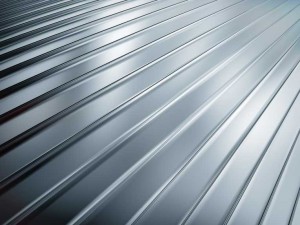 The International Aluminium Institute looks forward to a new international agreement on climate change. On a full life cycle basis, across its wide range of commonplace applications, aluminium products provide a net benefit to society and to emissions reduction. From transportation, building and construction to food and medical/pharmaceutical packaging, aluminium plays a critical role in both short- and long-life applications.
The International Aluminium Institute looks forward to a new international agreement on climate change. On a full life cycle basis, across its wide range of commonplace applications, aluminium products provide a net benefit to society and to emissions reduction. From transportation, building and construction to food and medical/pharmaceutical packaging, aluminium plays a critical role in both short- and long-life applications.
Reductions in vehicle and cargo/goods container weight across transport modes allows for greater efficiency and reduced energy consumption. Aluminium packaging protects the energy, water and resources invested in producing, growing and processing food. It also ensures the additional energy used to get that food to us – in transport, retailing, shopping, storing and cooking – is not wasted. Efficient, low loss aluminium cabling is bringing power to more and more communities and the use of aluminium in renewable energy generation, transmission and intelligent control systems is increasing.
Three quarters of the 1 billion tonnes of aluminium ever produced is still in productive use. A positive recycling story and of demand for light, strong, conductive, protective products and the durability of many of the aluminium applications. Much of the aluminium in long lifetime applications has not yet reached the end of the “first life”, but will remain available for future recycling. Long lifetime products tend to have high recycling rates, greater than 90%.
The use of 1 kg of aluminium to lightweight a car or light truck can save a net 20 kg of CO2 over the life of the vehicle. This figure is even higher for more weight sensitive applications (for instance, up to 80 kg CO2 per kg of aluminium used in trains). The 20+ million tonnes of aluminium used in transport today could save 400 million tonnes CO2 and over 100 billion litres of crude oil over the vehicles’ lives.
Depending on the source of electricity used in the electrolysis (smelting) stage of production, the aluminium greenhouse emissions footprint can be as low as 4kg CO2-e per kg of aluminium ingot (from renewable energy), with a global average of 12kg CO2-e per kg of aluminium ingot for all energy sources.




[…] article, Aluminium, a sustainable material, first appeared on Metal Working World […]